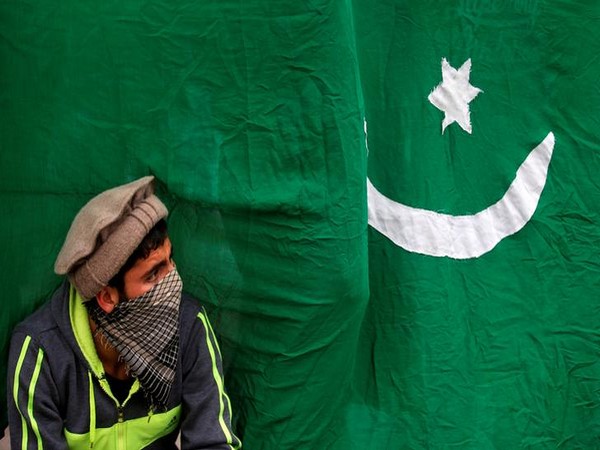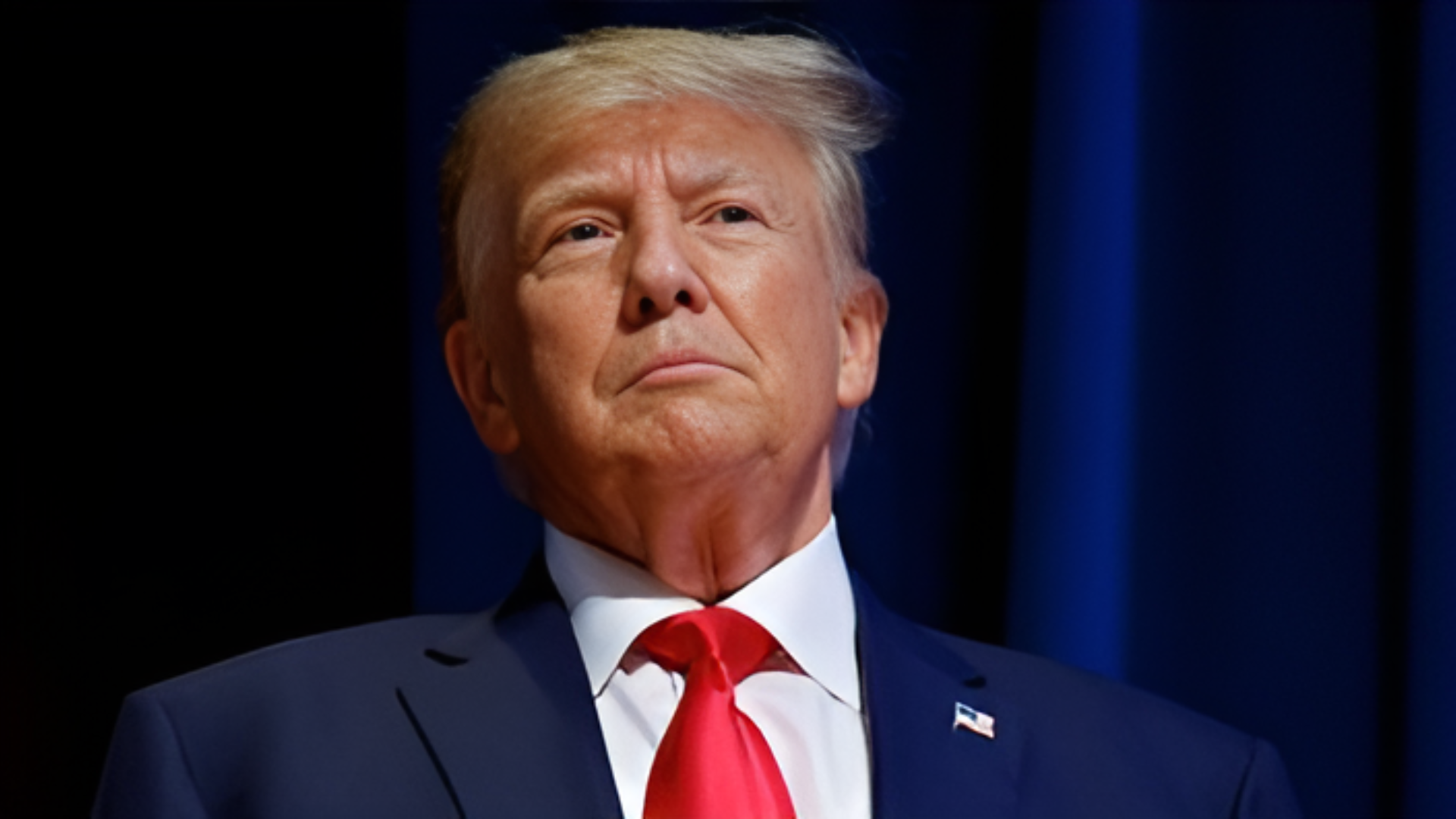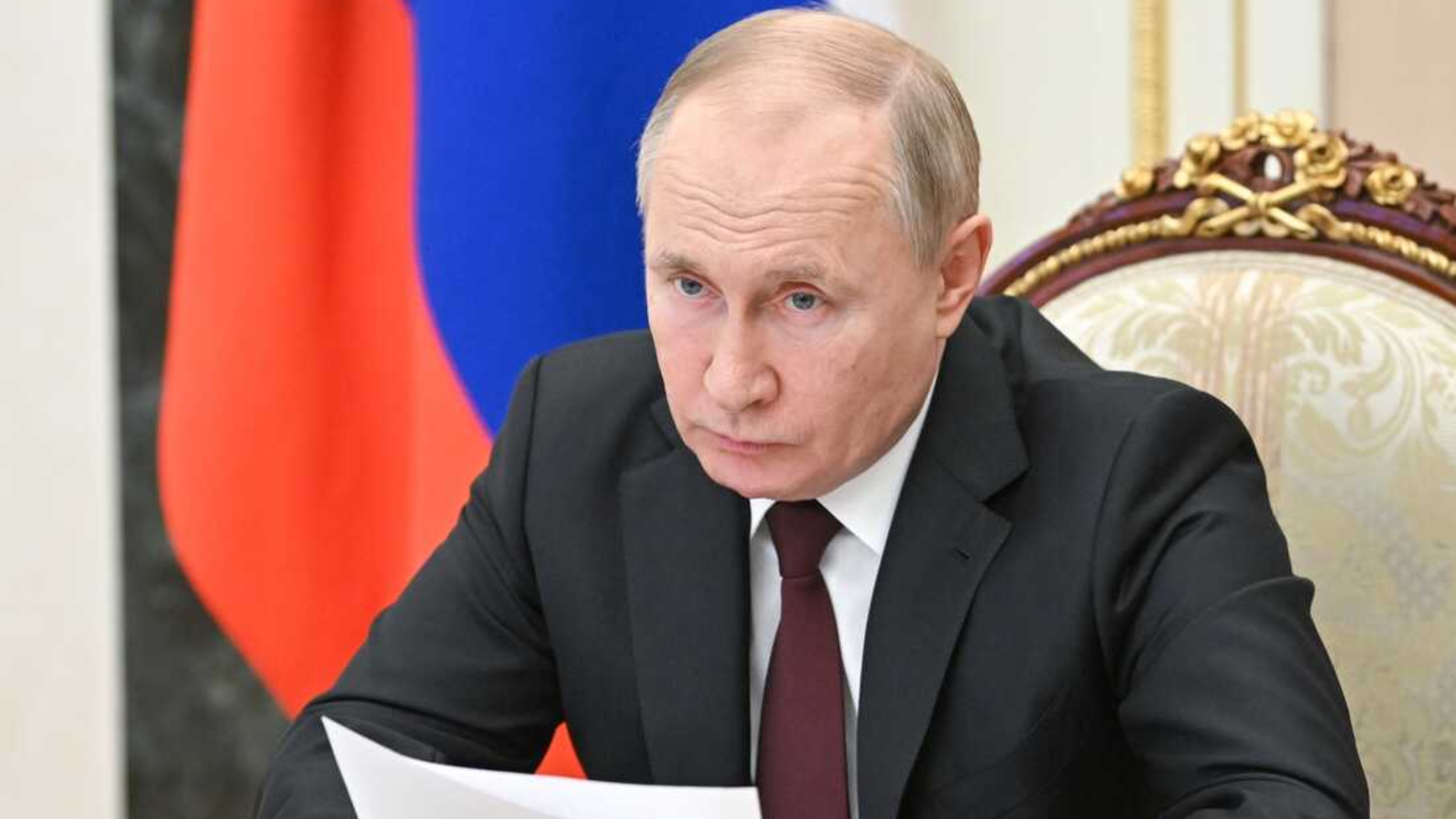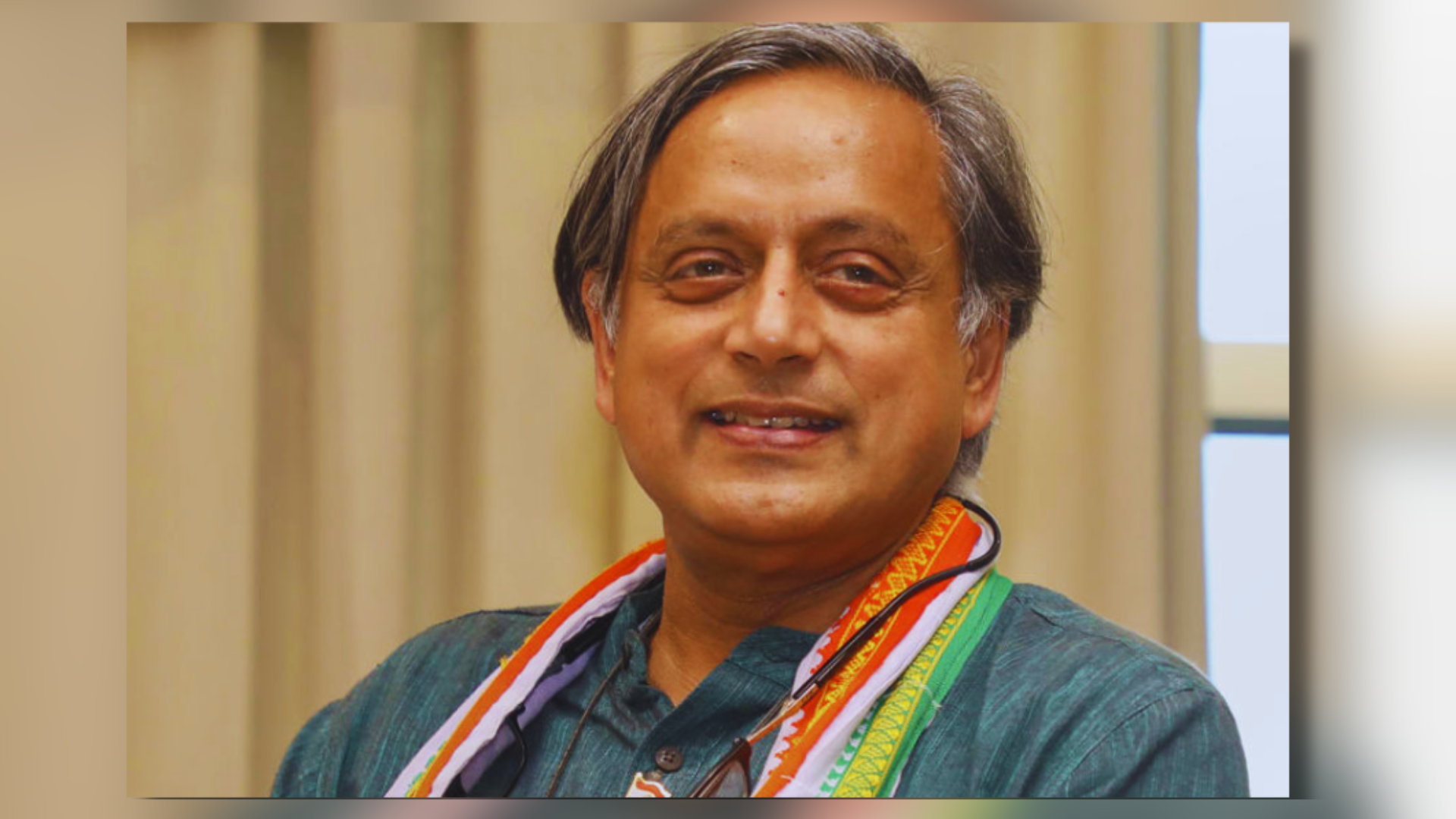In a move that has raised concerns among Western officials, Russian President Vladimir Putin has instructed the Russian military to undertake nuclear weapons exercises involving the navy and troops stationed near Ukraine, the defence ministry announced on Monday.
President Putin’s directive comes amid heightened tensions in the region since the onset of the conflict in Ukraine. In a televised address to the nation in February, Putin underscored the “real” risk of nuclear war, signaling a more assertive stance on nuclear capabilities.
The defence ministry stated that the upcoming drills would focus on the preparation and utilization of non-strategic nuclear weapons, also referred to as tactical nuclear weapons. These weapons are specifically designed for deployment on the battlefield and can be delivered via missiles.
Scheduled to take place “in the near future,” the exercises aim to bolster Russia’s territorial integrity in response to perceived threats from certain Western officials, according to the ministry’s statement.
READ MORE : Indonesian Authorities To Move Entire Island Community Due To Volcanic Eruption Risk
Participating in the drills will be aircraft, naval forces, and troops from the Southern Military District, which shares borders with Ukraine and encompasses the territories occupied by Russia. The inclusion of these territories has sparked concerns over the potential for escalation in the conflict.
The Kremlin’s increasing emphasis on nuclear capabilities has raised alarm bells in Western capitals, particularly as Russia continues its offensive in Ukraine. Putin’s frequent references to Russia’s nuclear doctrine have further fueled apprehension among international observers.
Last year, Russia took steps to backtrack on its commitment to nuclear arms control by withdrawing from the Comprehensive Nuclear Test Ban Treaty and pulling out of a key arms reduction agreement with the United States. These actions have contributed to growing unease over the stability of global nuclear security.














